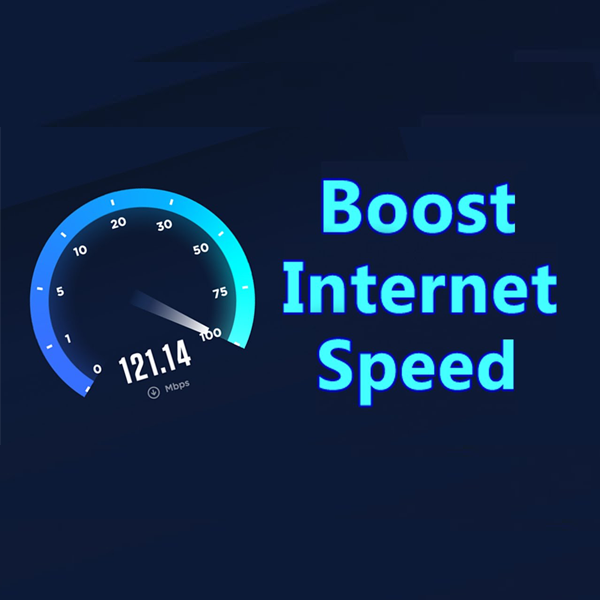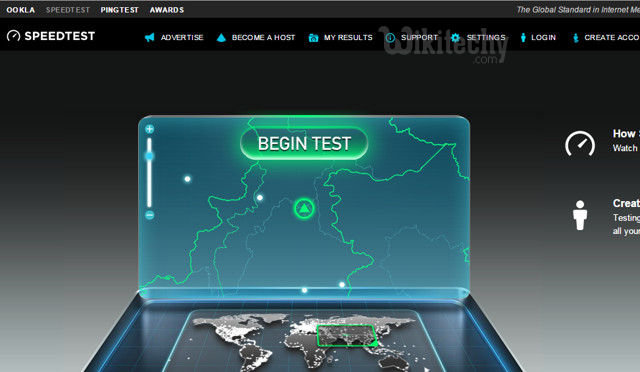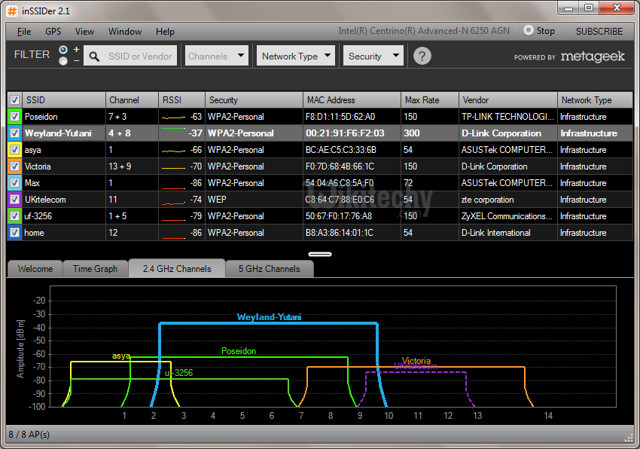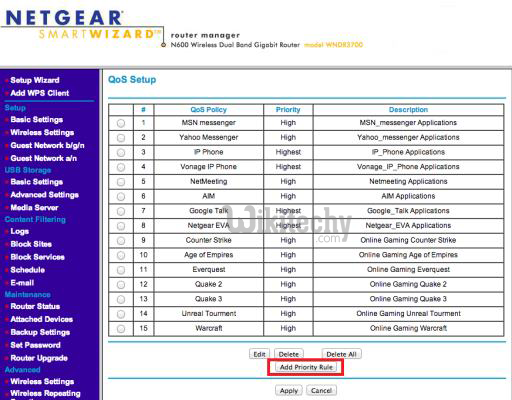
How to Increase Internet Speed
We depend on the internet more than anything now. Whether it is our job or we are just at our home, we are somehow being influenced by the internet. This is why it is extremely important to have a proper internet connection with a good speed all the time to easily stay in the circle without frustrating yourself.
Table Of Content
- How to Increase Internet Speed
- 1.Test Your Current Internet Speed:
- 2.Restart the Router/Modem
- 3.Change Router Location
- 4.Keep Router Away from Interfering Appliances
- 5.Use an Ethernet Cable
- 6.Change Wi-Fi Channel:
- 7.Disconnect other Devices
- 8.Control Bandwidth Hogging Apps:
- 9.Disable Auto Updates
- 10.Protect your Wi-Fi
Unfortunately, internet speed may not always stay the same, there can be many reasons why you may suddenly begin getting slower internet speed. If you are currently experiencing slower internet speed and can’t seem to put your finger on the problem, then don’t worry we are here to help.
Your actual per mbps internet speed is not the only factor that decides the speed of the internet. Your PC, switch/modem, channels, servers and programming, all need to work appropriately to accomplish high internet speed.
In this tutorial, we will try to list down all the issues that may be slowing down your internet speed and will also show you how to fix them.
How to Increase Internet Speed:
1.Test Your Current Internet Speed:

There are several free services online that will test the current internet speed you are receiving. The results may be different each time you run a test, so it is better to run multiple tests and take out an average out of them. When you know the speed, compare it with the package you are paying for and see if it matches.
If you are receiving the speed according to your internet package, then there may be other factors that are slowing down your internet. Otherwise, you might have to tinker with your router/modem to get the internet speed you merit. We mentioned solutions for both situations below, continue perusing.
[ad type=”banner”]2.Restart the Router/Modem:
Sometimes a simple router/modem restart is more than enough to get you up and running at maximum Internet speed. Turn off your router/modem using the power button located on the device. Wait for 1 minute and restart it again and check whether you get some expansion in the internet speed.
3.Change Router Location:
Weak signals can also lead to slower internet speed. You should place your router closer to your PC/Internet enabled device and also put it on a higher ground. There should be no obstacles between the device and the router. This can further help in increasing the Internet speed.
4.Keep Router Away from Interfering Appliances:
Weak signals can also lead to slower internet speed. You should place your router closer to your PC/Internet enabled device and also put it on a higher ground. There should be no obstacles between the device and the router. This can further help in increasing the Internet speed.
5.Use an Ethernet Cable:
To get the best results, it is better to ditch wireless connection and use a ethernet cable to directly connect your PC with the modem. Yes, it might have some limitations like, lack of device compatibility or connection via cable, but it also guarantees direct signal transmission.
[ad type=”banner”]6.Change Wi-Fi Channel:

Wireless routers work on different channels and all routers in your neighborhood are connected to specified channels. If your router is operating on a crowded channel, then the signals of others may interfere with your Wi-Fi signals. You need to be on a channel with least interference, and for this purpose you can use a dedicated app that will show all the channels and traffic to choose the one with least interference.
You can use the app inSSIDer for Windows or KisMac for Mac.
7.Disconnect other Devices:
If you have more than one devices connected to the network, then they are also sharing the bandwidth. If it is really important to get full speed on a single device, then you should disconnect all other devices from your wireless network. This includes your smartphone/tablet, gaming console or another PC.
If your smartphone is sharing your PC’s WiFi then you must disconnect your phone so that your PC can achieve 100% bandwidth of your Internet connection. Most of us have ticked the option of automatically updating apps over WiFi only, and when our smartphone connects to a WiFi network, apps start to update without any prior notification which takes away huge amount of bandwidth leaving PC’s internet connection very slow.
8.Control Bandwidth Hogging Apps:

If you can’t disconnect all the devices or need more bandwidth for a specific task, then you can also priorities content. Numerous things like web based gaming, video gushing, video talks or deluge records hoard a great deal of data transmission, so it is better to limit their bandwidth use and transfer it to something important.
For this purpose QoS (Quality of Service) is a feature available in almost all router settings. It will let you limit bandwidth for specific apps by changing priority. Just access your router settings using the router IP address (similar to 192.168.1.1), and you should find the option there.
9.Disable Auto Updates:
Disable auto updates in all of the apps that you are using on your PC. They will start updating anytime and will slow down your internet speed. This also includes Windows itself, you can manually download the update any other time when you are not using the internet.
10.Protect your Wi-Fi:
It will be stupid to not have password on your home Wi-Fi, as any one can steal your bandwidth or even compromise your privacy. So, if your Wi-Fi connection is not protected, protect it immediately. Furthermore, even WPA or WPA 2 protected connections can break, so it is better to use a really strong password and take proper security measures.
Try to change your Wi-Fi password every now and then just to be safe. In fact, you should change your password right now to see if it boosts your Internet speed.






